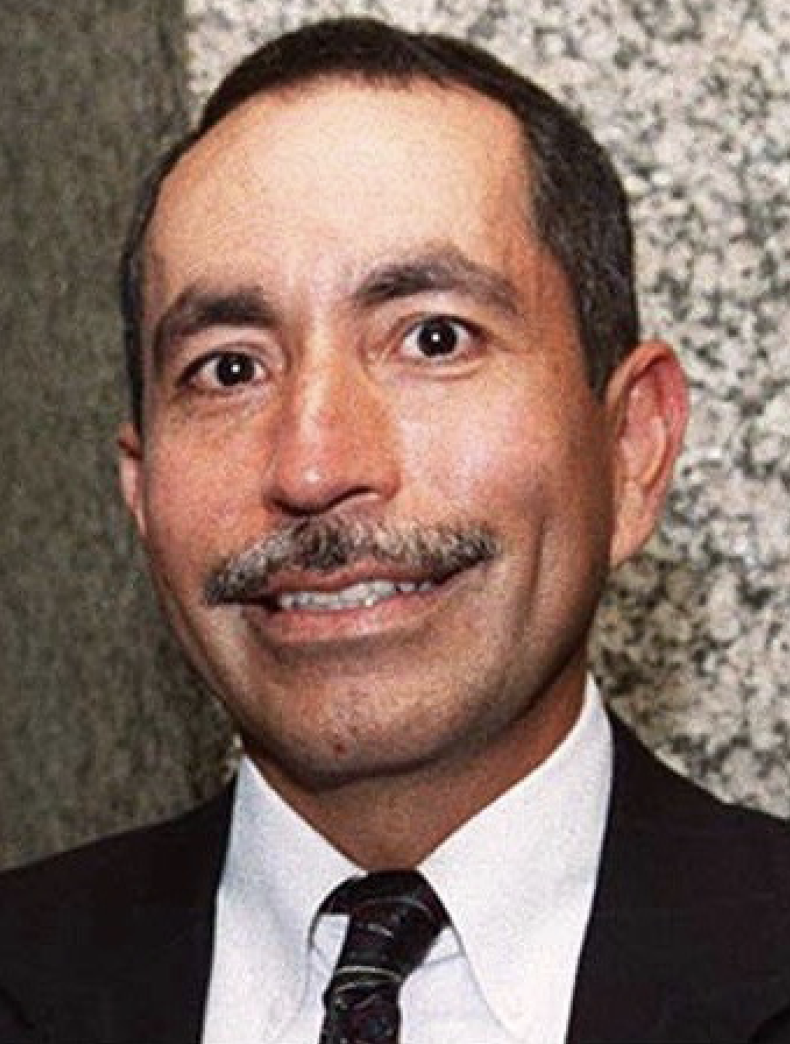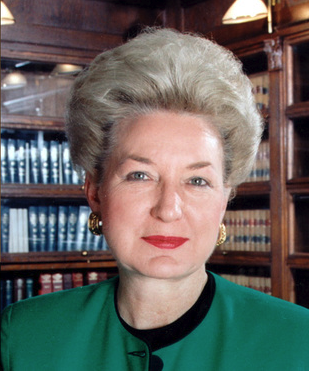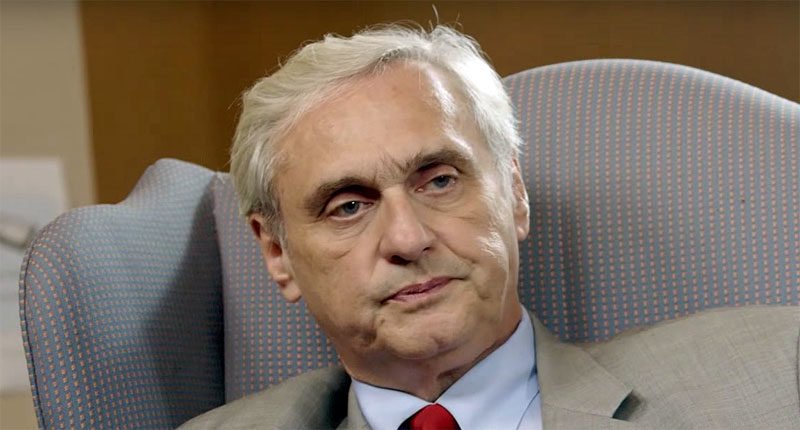Retiring to Avoid Consequences: Judges Exploit a Loophole to Maintain Pensions in Spite of Misconduct
In each of the cases noted below, a federal judge was accused of or was culpable of misconduct. And in each case, they resigned rather than face punishment from a judicial council or the House of Representatives.
Beyond pointing out their egregious conduct, the issues we want to address here are two-fold.
First, if these judges were 65 or older at the time of their resignation and had served for long enough (10-15+ years), they’d receive their entire annual salary at the time of their resignation for life. Not great for accountability or for taxpayers.
Second, their resignation, under the judicial misconduct law, all but foreclosed any further investigation into their misconduct.
Yes, the Judicial Conference five years ago added language to their regulations (p. 27) noting that it has “ample authority to assess potential institutional issues related to the complaint […and that] might include an analysis of what conditions may have enabled misconduct or prevented its discovery, and what precautionary or curative steps could be undertaken to prevent its recurrence.”
But the law (§ 352(b)(2)) says a change in status ends an investigation, and it’s more likely that judges will follow that law to the letter and, in effect, protect their own than follow up in a manner envisioned by the 2019 regulations.
The Judiciary Accountability Act, introduced in the House and Senate in July 2021 and again in Sept. 2024, would fix this by keeping investigations open regardless of a judge’s employment status.
We can’t move forward until we learn the facts of what happened.
 Judge Carlos Murguia, District of Kansas (right)
Judge Carlos Murguia, District of Kansas (right)
Timeline: appointed, 1999 (Clinton); misconduct, throughout the 2010s; complaint, 2018; retired, 2020
Alleged misconduct: Judge Murguia was accused of sexual harassment and other unbecoming behavior by several court employees, and in Aug. 2018, Chief Judge Tymkovich identified a complaint against him. In Sept. 2019, the 10th Circuit Judicial Council concluded that Murguia committed judicial misconduct by “(1) sexually harassing judiciary employees; (2) engaging in an extramarital sexual relationship with an individual who had been convicted of felonies in state court and was then on probation; and (3) demonstrating habitual tardiness for court engagements.”
The following February, after the misconduct investigations were concluded, Murguia offered his resignation, effective Apr. 1, 2020. It’s unclear if the House would have moved forward with impeachment proceedings if he had not retired. Since Murguia left the federal bench before age 65, he is not eligible for a pension.
 Judge Maryanne Trump Barry, Third Circuit (left)
Judge Maryanne Trump Barry, Third Circuit (left)
Timeline: appointed, 1983 (Reagan, elevated 1999 Clinton); misconduct, throughout the 1990s; complaint, 2019; retired, 2019
Alleged misconduct: Judge Barry was accused of tax fraud. A New York Times investigation found that the Trump family engaged in tax schemes dating back to the 1990s, including outright fraud that increased the Trump siblings’ inheritance. Judge Barry benefited and was in a position to influence the actions taken by her family. The official investigation ended 10 days after the complaint was filed because Barry retired, ensuring her pension for life.
 Chief Judge Alex Kozinski, Ninth Circuit (right)
Chief Judge Alex Kozinski, Ninth Circuit (right)
Timeline: appointed, 1985 (Reagan); misconduct, several instances over many years; complaint, 2017; retired, 2017
Alleged misconduct: Judge Kozinski was accused of sexually harassing at least 15 women dating back to the 1980s, including unwanted sexual comments, kissing, and groping. Kozinski retired when the investigation began, effectively ending it and ensuring he will receive a pension for life.
Chief Judge Richard Roberts, District Court for D.C.
Timeline: appointed, 1998 (Clinton); misconduct, 1981; complaint, 2016; retired, 2016
Alleged misconduct: Judge Roberts was accused of repeatedly raping a 16 year-old girl when he was a federal prosecutor and she was a witness in a murder case. The investigators determined that Roberts could not be punished judicially because the acting chief judge of D.C. Circuit determined (the same day this episode came to light!) that Roberts was disabled and no longer able to carry out his duties as a judge. He is able to receive his pension due to the disability certification.
Judge Harry Lee Hudspeth, Western District of Texas
Timeline: appointed, 1979 (Carter); misconduct, 2014; complaint, 2014; retired, 2016 (FJC)
Alleged misconduct: Judge Hudspeth was accused of improperly responding to the complaint, against Judge Walter Smith. The complaint, against Hudspeth was “held in abeyance” during the proceeding against Judge Smith. Hudspeth retired, ending the investigation into his behavior, and ensuring he will receive a pension for life.
Judge Walter Smith, Western District of Texas
Timeline: appointed, 1984 (Reagan); misconduct, 1998; complaint, 2015; retired, 2016
Alleged misconduct: Judge Smith was accused of hugging, kissing, and groping a court employee in 1998. The investigation uncovered numerous instances sexual harassment. In addition, Smith was accused of drinking during the court day, including appearing drunk during a death penalty case. The investigation ended when Smith retired. In his retirement letter, he specifically noted his expectation that he receive his pension for life.
Chief Judge Mark Fuller, Middle District of Alabama
Timeline: appointed, 2002 (W. Bush); misconduct, 2014; complaint, 2014; retired, 2015
Alleged misconduct: Judge Fuller was arrested in 2014 on a domestic violence charge. The 11th Circuit Judicial Council found “substantial evidence” that Fuller had physically abused his wife at least eight times and had committed perjury when he testified after his arrest. The Judicial Conference recommended impeachment to Congress, but articles were never drawn up. In a plea deal, charges were dropped and his record expunged and Fuller was only required to attend 24 domestic violence classes. Since Fuller left active service before age 65, he is not eligible for a pension.
Chief Judge Richard Cebull, District of Montana
Timeline: appointed to magistrate judgeship, 1998; appointed to district, 2001 (W. Bush); misconduct, 2012; complaint, 2012; retired, 2013
Alleged misconduct: A review of Judge Cebull’s official email account, sparked by a racist email forwarded to the press, found “hundreds” of inappropriate emails “related to race, politics, religion, gender, sexual orientation, and politically sensitive issues.” Cebull retired shortly after the 9th Circuit Judicial Council’s investigation ended, but will continue receiving his pension. Note that Judge Kozinski presided over Cebull’s misconduct case.
Judge Jeffrey Johnson, former U.S. Magistrate Judge (now California Court of Appeals)
Timeline: appointed, 1999; misconduct, 1999-2018; complaint, N/A; retired, 2009 (state appeals courts appointment)
Alleged misconduct: Judge Johnson was accused of groping and making sexual comments to two other appellate justices, court employees, police officers tasked with driving him, and outside attorneys, ranging from 1999 to 2018. He was also accused of drunken behavior. The case was handled by the California Commission on Judicial Performance, which removed him from the state bench in 2020. Since Johnson left the federal bench before age 65, he is not eligible for a pension.
Judge Samuel Kent, Southern District of Texas
Timeline: appointed, 1990 (H.W. Bush); misconduct, 2001-2007; complaint, 2007; retired, 2009
Alleged misconduct: Judge Kent was accused of sexually assaulting two employees from 2001 to 2007, and was convicted of lying to investigators. His accusers highlighted his repeated insistence that as a judge, he had absolute power over them. The Department of Justice investigated, brought charges, and Kent pled guilty. In exchange for that plea, the most serious charges of sex crimes were dropped, and Kent only served 33 months in prison for obstruction of justice and harassing an employee. He was impeached in the House, but Congress agreed to dismiss the articles when he retired. Since Kent left the bench before age 65, he is not eligible for a pension.
Chief Judge Edward Nottingham, District of Colorado
Timeline: appointed, 1989 (H.W. Bush); misconduct, 2007; complaint, 2007; retired, 2008
Alleged misconduct: Judge Nottingham was connected to a prostitution ring and instructed a woman to lie to investigators. He also viewed porn in chambers and spent $3,000 at a strip club. The 10th Circuit Judicial Council investigated Nottingham, but he resigned ending the investigation. Since Nottingham left the bench before age 65, he is not eligible for a pension.